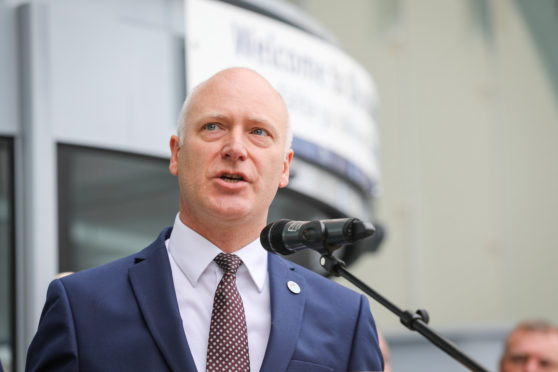NHS Grampian and NHS Highland are failing to meet drug and alcohol treatment targets.
Data released yesterday revealed they are two of three Scottish health boards – the third being NHS Lothian – to miss the Scottish Government standard of ensuring 90% of all patients on drug and alcohol treatment start within less than three weeks.
Last night Tom Mason, Scottish Conservative MSP for the north-east region, said: “Once again, health boards in the Highlands and north-east of Scotland are lagging behind those elsewhere in the country.
“It is worrying to hear that waiting time targets are not being met.
“People struggling with dependency issues cannot afford to wait for weeks on end for help.
“The SNP government must ensure that health boards in the north-east and north of Scotland get a fair deal on funding to cope with these issues.”
Across Scotland, the NHS Scotland Information Services Division (ISD) statistics show that by December 31 last year, a total of 2,547 people were waiting to start treatment.
Of these, 364 (14.3%) had been waiting more than six weeks – double the “three week or under” target – up from 236 (9.4%) at the same time the previous year.
Nationally, 10,550 people began treatment between October and December 2018 and 93.9% were seen in three weeks or under – meeting the Scottish Government’s 90% target.
>> Keep up to date with the latest news with The P&J newsletter
The rate is higher in prisons, where 910 people started treatment in the final three months of 2018 and 97.8% waited three weeks or under.
Public Health Minister Joe FitzPatrick said: “I welcome that the standard for drug and alcohol treatment waiting times continues to be met on a national basis with the majority of health boards exceeding it.
“The Scottish Government has invested over £746 million to tackle problem alcohol and drug use since 2008, with much of that provided via NHS health boards to alcohol and drug partnerships for investment in local prevention, treatment and recovery support services.”
An NHS Grampian spokeswoman said the reasons for not hitting the standard were “complex but can be compounded by sickness or vacancies”. She added that plans for improvement were in place.
